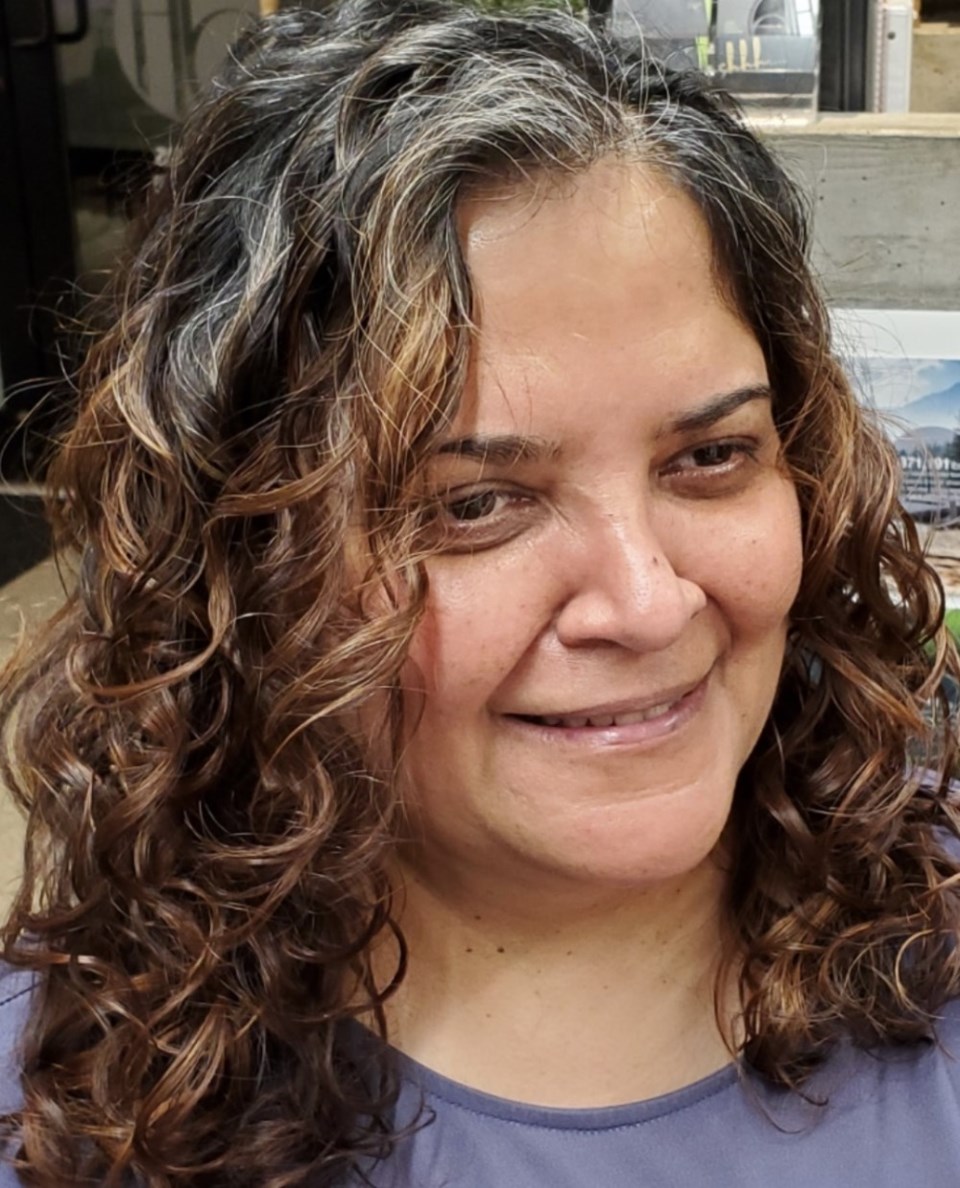During a recent visit to McDonald’s I was surprised to learn that I qualified for a seniors’ coffee! While retirement is a conversation I engage in every now and then as part of designing my life plans, aging is not something I have consciously given much thought to until this past weekend when I was invited to a seniors’ event for people aged 55 and over. It required a shift in thinking for me as I started to think about aging gracefully. Turns out that this event, the launch of the Victoria Ismaili Seniors Centre (an extension of centres across Canada organized by Ismaili volunteers), was precisely that! It was opportunity for community members to engage in wellness initiatives that allow them to age gracefully together as part of a community, while experiencing a strong sense of belonging.
Like many immigrant communities, the experienced cultural differences in their country of adoption – key among them being the shift from a large multi-family home life buzzing with children and grandchildren to nuclear families where parents live with their children, and children leave home at an early age. This can sometimes lead to feelings of isolation and loneliness along their journey of life. While encouraging their continued connection to their families, the make a meaningful contribution to the improvement of the quality of life of the elderly by encouraging them to engage in activities beyond their residence and fostering friendships beyond the core family unit. In fact, all programs provided for the elderly around our beautiful city aim to do this, and are no doubt all grounded in the ethos of caring for our elders. Given that by 2030, 1 in 6 people will be 60 years of age or older, and by 2050, this proportion will have increased to 1 in 5 people (), caring for the ageing population is a critical necessity that also advances the (UN SDG # 4: Good Health and Wellbeing). More importantly, it’s the right thing to do.
We stand on the shoulders of those who came before us. Our parents, our grandparents, great grandparents shaped the persons we are today – through their hard work, their wisdom, their sacrifices, their ambitions for their families, their achievements, their unconditional love for us and so much more. The Iranian poet, RaahiMoayeri, says beautifully in this poem:
" Life has not given me this gray hair for free ... I have paid for it in my youth!”
The World Health Organization’s focus on improving the quality of life of people in the second half of their lives is encouraging as I pay closer attention to this stage of my life. In particular, it has made me think about “changing how we think, feel and act towards age and ageism” (one of the four action areas identified by the Decade on Healthy Aging report). The Ismaili Seniors Centre, which I feel blessed to now be a member of, will no doubt further contribute to this shift in my thinking. But it does so much more! For members of the community and for me, it provides a place to gather in harmony and friendship to learn, play, pray and grow together, both in the physical sense and in an intellectual sense, as we enjoy the golden years of our lives.
As with all such programs, the dedication of the volunteers who make these programs possible is much admired and appreciated.
Blessed to be a visitor on the traditional territories of the l蓹k虛史蓹艐蓹n, Songhees, Esquimalt and W瘫SÁNE膯 peoples, Karima Ramji is an advanced Certified Cultural Intelligence (CQ) Trainer. In addition to her career as a co-operative education professional at the University of Victoria, she provides cultural intelligence assessment and training for organizations wishing to understand the “How” of Diversity, Equity and Inclusion. Learn more on her website:
You can read more articles on our interfaith blog, Spiritually Speaking at /blogs/spiritually-speaking
This article was also published in the print edition of the Times 91原创 on Saturday, November 18th 2023



